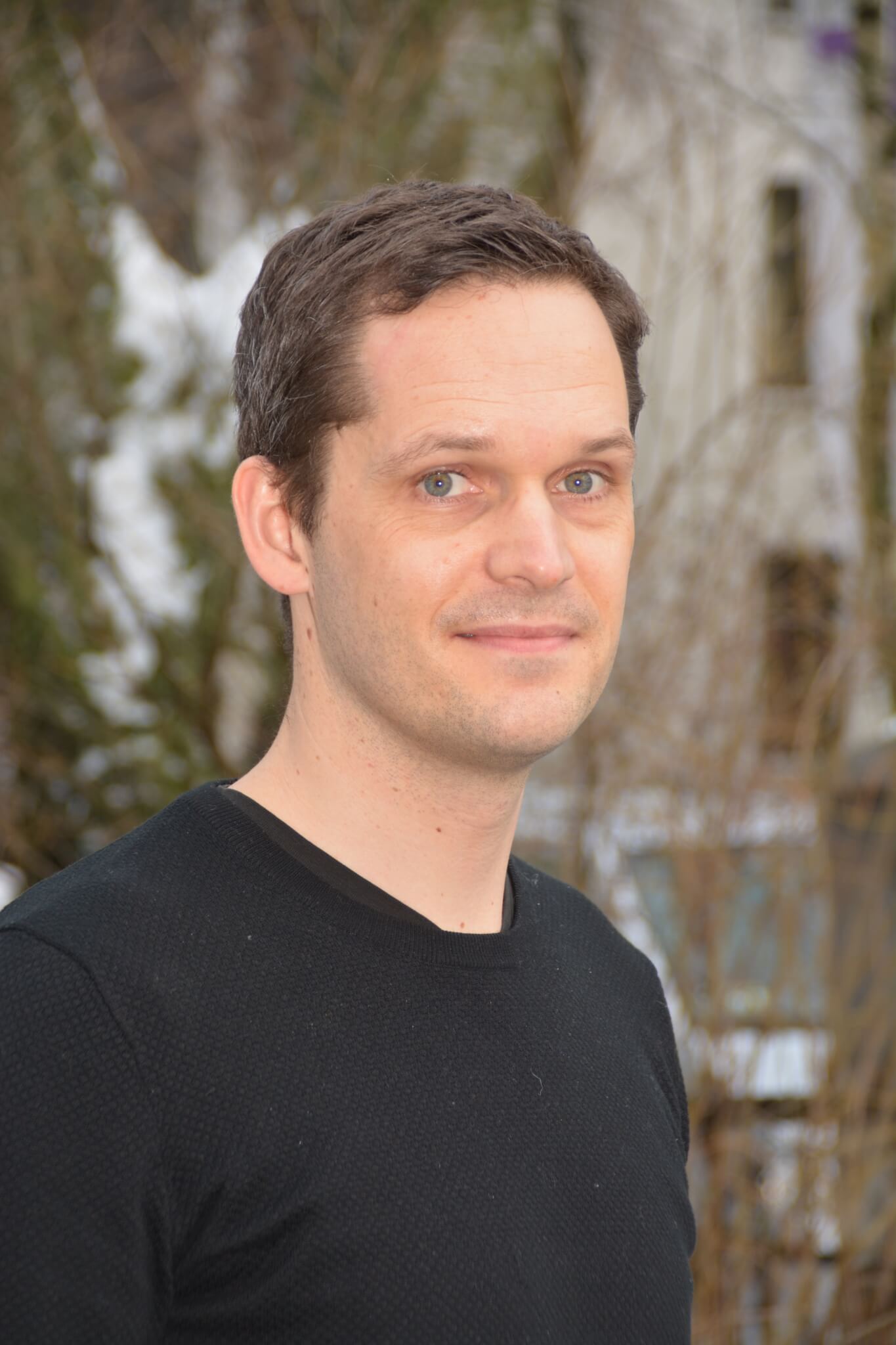Improving the Effectiveness of Treatment for Posttraumatic Stress Disorder: Developing a Personalized Advantage Index
Categories: Research project

This research project will employ data-driven models to explore the potential for optimizing treatment for posttraumatic stress disorder (PTSD) and complex posttraumatic stress disorder (CPTSD).

Karine Frost, Clinical Psychologist/PhD Candidate at Modum Bad and the University of Oslo. My primary academic interests include complex trauma disorders, relational trauma, trauma therapy, treatment optimization, prediction of treatment outcomes, and machine learning.
About the Project
We aim to investigate the use of patient characteristics to predict the outcomes of different treatment approaches for PTSD and CPTSD. Subsequently, we will integrate these characteristics into a model, testing its effectiveness on completed treatment courses. We will assess the model’s utility by making its information available to clinicians making treatment decisions. The project commenced in the fall of 2022 and is expected to conclude in the fall of 2025.
Objectives
The project aims to contribute knowledge applicable to allocating patients to the treatment approach most likely to be effective for them, potentially enhancing treatment outcomes for a significant and complex patient group.
Background
Studies indicate that many patients derive limited benefits from psychotherapy. Can we optimize the efficacy of psychotherapy through more personalized treatment? To achieve this, we need increased understanding of the characteristics of patients who respond well to our offered treatments, those who do not, and the methods to allocate patients to the treatment approach most likely to be effective. Leading experts propose employing data-driven methods such as the “Personalized Advantage Index” to make better treatment choices, thereby increasing treatment outcomes for more patients. The core idea is that patients may respond differently to two different treatment approaches proven effective at the group level. By identifying which patients are most likely to improve with one therapeutic approach over another, therapy outcomes can be improved by offering patients the treatment they are most likely to benefit from. Our project will test this by developing a data-driven model and investigating whether the use of the model would have improved treatment outcomes if patients had been offered the treatment recommended by the model, as well as the extent to which this method of treatment selection is perceived as useful in clinical practice. The project draws data from a randomized controlled trial conducted by the Trauma Disorders Department and Anxiety Disorders Department under the leadership of Clinical Psychologist/PhD Candidate Peter Sele. Historical data will also be utilized, and clinicians will be recruited from the same departments.
Funding
The project is funded by Modum Bad.
Collaboration
The project collaborates with Chris Hoeboer at Amsterdam UMC and Leiden University.
Contact Information
Project Contact: Karine Frost
You can also reach us through the Modum Bad telephone service: 32 74 97 00.
Project participants
Publications
Researchers studying trauma disorder at Modum Bad:

Harald Bækkelund, Ph.D.
Part-time senior researcher, Clinical psychologist
Head of Research at NKVTS, Section for Implementation and treatment research




